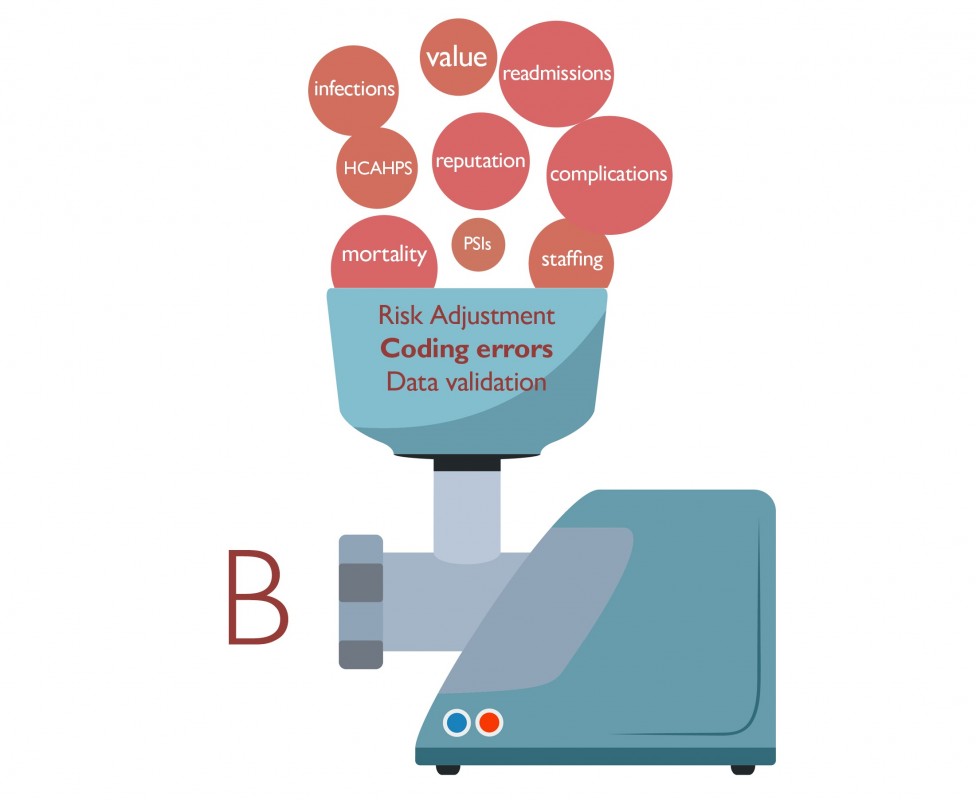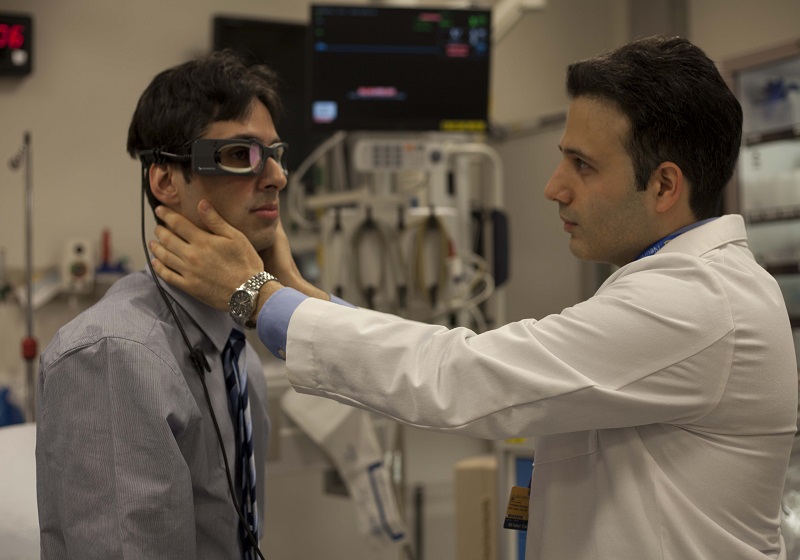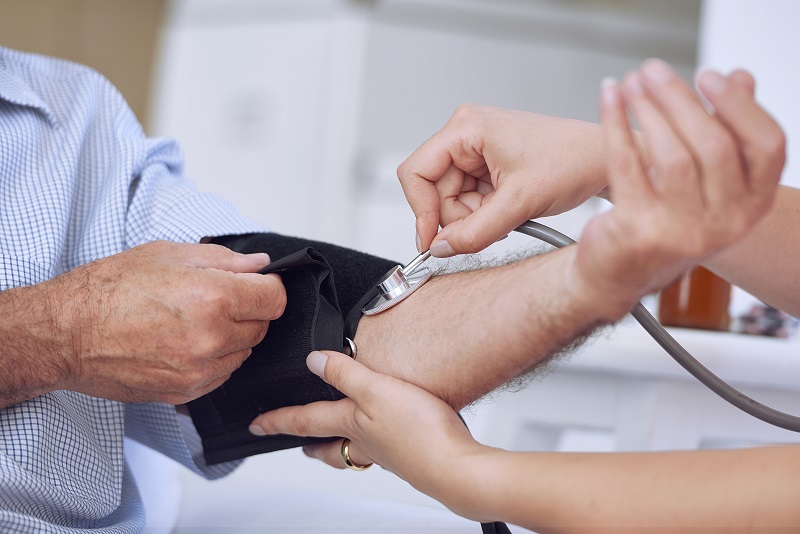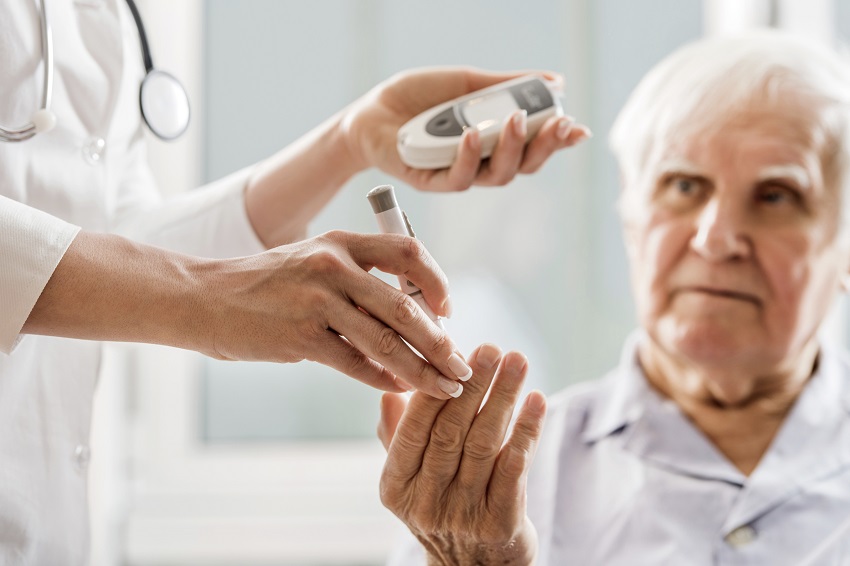A Clear-Eyed Approach to Reducing Costly Health Care Regulations
Johns Hopkins ophthalmologist Oliver Schein has found a simple way to save a half a billion dollars a year from our country's health-care bill, with… Read More »A Clear-Eyed Approach to Reducing Costly Health Care Regulations









